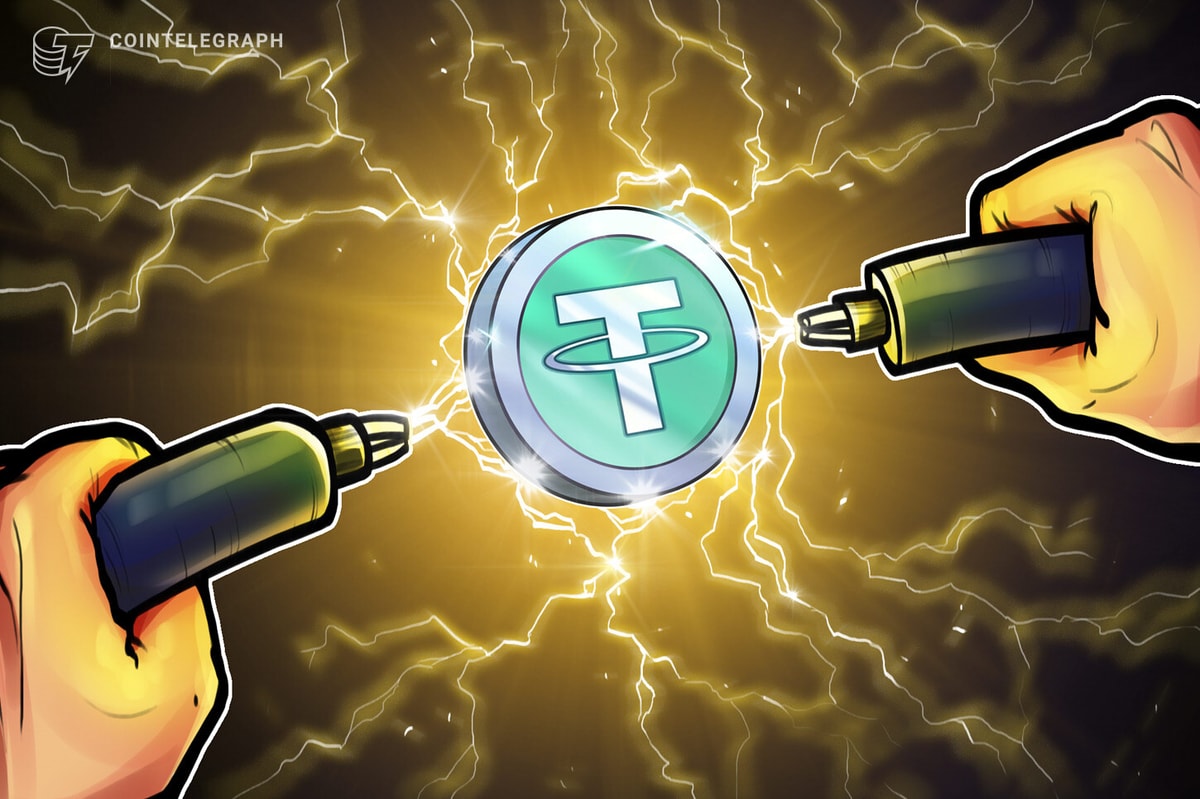
Lightning Labs has launched Lightning Pool, a marketplace for Lightning Network channel liquidity and, perhaps, the advent of LiFi.
Today, Lightning Network development firm Lightning Labs has released a peer-to-peer, non-custodial marketplace called Lightning Pool, where Lightning node operators can buy and sell access to channel liquidity.
The marketplace is a way for node operators in need of inbound liquidity to pay node operators with that liquidity to open channels in their direction.
“Users can buy or sell Lightning channels, the equivalent of tubes of money, via the Pool marketplace,” as described in a Lightning Labs announcement shared with Bitcoin Magazine. “Merchants and startups who want to receive funds on Lightning are natural buyers of channel liquidity, and node operators with spare capital looking to earn a return on their bitcoin are natural sellers.”
A Marketplace For Lightning Liquidity
The Lightning Network is effectively a network of payment channels that enable faster and cheaper bitcoin transactions by settling balances between users on the underlying Bitcoin network only when these channels close. Lightning node operators process transactions through these channels and collect fees for doing so.
Learn more about how the Lightning Network works here.
To transact bitcoin on the Lightning Network, you have to convince other nodes to lock up bitcoin in channels with you. Lightning Pool has been launched as a solution for users seeking participants with available BTC to create channels with.
“We developed Pool out of a need in the market that emerged from Lightning users who were looking for new sources of liquidity to enable them to more efficiently receive funds and transact on Lightning,” per the announcement. “Users attempted to solve this problem in a variety of ad hoc ways, such as chat groups and OTC services, and Pool provides a solution that enables all of them to participate.”
Node operators who do have access to liquidity can now get paid to allocate it to the highest bidders.
“Existing node operators do not have access to pricing signals to help determine where in the network their outbound liquidity should be allocated, and new node operators have no way to signal that they need new inbound liquidity,” the announcement explained. “Lightning Pool brings these two sides together into a single market while allowing them to maintain custody of their funds.”
More information on how the marketplace works is available through a technical deep dive from Lightning Labs.
Introducing Shadow Chain
Pool will use the Bitcoin blockchain as its clearing layer and the market will clear when a new Bitcoin block is added to the blockchain (as long as at least one bid has been matched with an ask).
In an interview with Bitcoin Magazine, Lightning Labs Business Development Lead Ryan Gentry said that Lightning Pool is built on the first instance of a “shadow chain,” which enables non-custodial, off-chain bitcoin transactions with batched settlement on the main blockchain. Through Pool, users deposit their BTC into a time-locked, 2-of-2 multisig contract with the shadow chain operator node, who would need the users’ permission to move those coins. Because the operator node is a partial signer of each input to each transaction, they can be executed on-chain in batches, making them cheaper to validate.
“A shadowchain is a new way to design applications on top of Bitcoin with more complex logic,” Olaoluwa Osuntokun, Lightning Labs’ CTO, told Bitcoin Magazine. “Users remain in control of their funds at all times and fully validate proposed blocks. Validation of blocks can happen in a custom execution environment outside of Bitcoin script, like a regular program, and blocks can also be ‘compressed’ off-chain, increasing scalability. Upgrades can also happen off-chain and, unlike a sidechain, there is no new chain. Instead, new rules are applied to a subset of the UTXO set.”
More information on the shadow chain can be found through Lightning Labs' Lightning Pool white paper.
The Advent Of LiFi
Lightning Labs is positioning this release as a step toward an ecosystem of Lightning-based financial products, which it called “LiFi.” By giving users a way to earn yield on their channels, the firm has introduced a novel service that might spur more interest in providing Lightning liquidity or inspire similar projects that help Lightning users reap rewards for their participation.
“Bitcoin-native financial products, and LiFi in particular, seek to harness the unparalleled security of the Bitcoin blockchain while creating a new generation of financial products tied to real bitcoin,” Elizabeth Stark, the CEO of Lightning Labs, told Bitcoin Magazine. “These can range from Discreet Log Contracts to Liquidity marketplaces like Pool, to bitcoin-backed assets, all of which are possible on top of Lightning.”
And Lightning Labs hopes that this is just the beginning for Pool, which might become a foundational marketplace for bitcoin-based financial services.
“As Pool matures and more markets are added, it will produce a yield curve that will provide benchmark rates of return for nascent bitcoin-native capital markets,” per the announcement.










